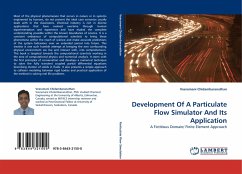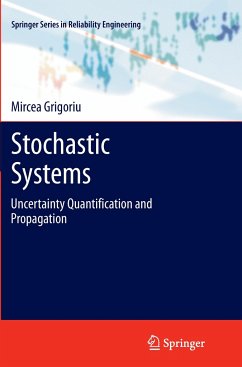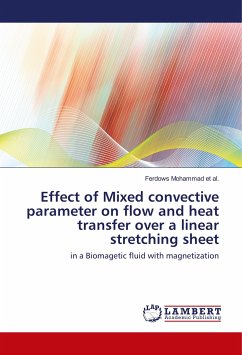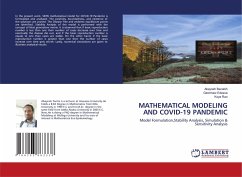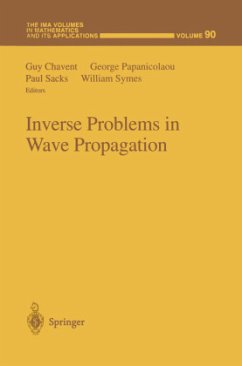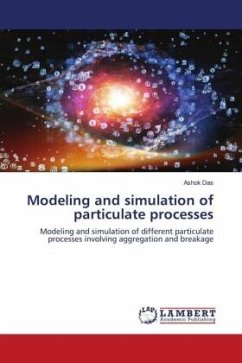
Modeling and simulation of particulate processes
Modeling and simulation of different particulate processes involving aggregation and breakage
Versandkostenfrei!
Versandfertig in 6-10 Tagen
56,99 €
inkl. MwSt.

PAYBACK Punkte
28 °P sammeln!
The processing of particulate materials is crucial in various branches of engineering and science. During these processes, one can observe important micro-mechanisms, such as aggregation of smaller particles to form larger aggregates and breakage (or shattering) of particles into smaller fragments. These micro-mechanisms eventually play a critical role in changing the macroscopic behavior (e.g., dissolution rate, system permeability, and flow characteristic) of the particle population. Thus, modeling and simulation of particulate processes are essential in predicting their macroscopic behavior...
The processing of particulate materials is crucial in various branches of engineering and science. During these processes, one can observe important micro-mechanisms, such as aggregation of smaller particles to form larger aggregates and breakage (or shattering) of particles into smaller fragments. These micro-mechanisms eventually play a critical role in changing the macroscopic behavior (e.g., dissolution rate, system permeability, and flow characteristic) of the particle population. Thus, modeling and simulation of particulate processes are essential in predicting their macroscopic behavior virtually. This book is devoted to the modeling and simulation of different particulate processes consisting of aggregation and breakage mechanisms. The modeling techniques used in this thesis are population balance modeling (PBM), Monte Carlo (MC) modeling, and discrete element modeling (DEM).



